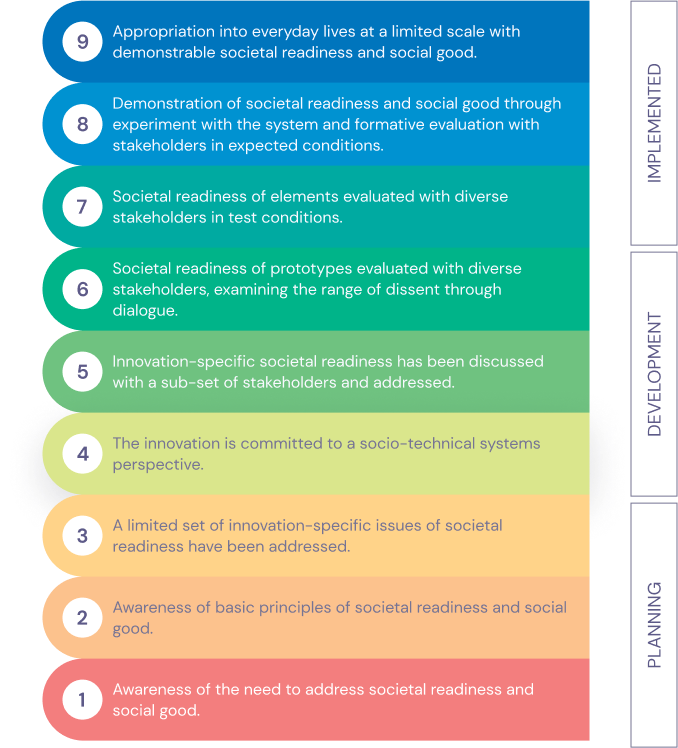

SoRA is a reflective, iterative process with many entry points. Assessment of Societal Readiness Levels is a good start, and the SoRA toolbox provides creative methods for improvement. The toolbox includes tools for ‘deeper dive’ reflection, visioning, stakeholder mapping, equality, diversity and inclusion, and more. The intended result is transport decarbonisation that is more aligned with people and planet.
SoRA is intended for anyone with a stake in decarbonising mobility, including public authorities, investors, developers, advocacy groups. Indeed, broad-based participation adds invaluable input, and SoRA supports creative, constructive dissent and co-design.
SoRA is useful from initial project scoping to implementation, and it can be used for social projects (e.g. a walking bus), technological, policy-making, masterplanning projects and more.
SoRA has been developed in the UK in the DecarboN8 project and the TRIG 2022 programme, with consideration of the global context of a mobility transformation in the GREAT project. We invite collaboration: get in touch.
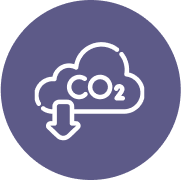
Maximising carbon reduction through reducing the use of carbon intensive materials & enabling low-carbon practices.
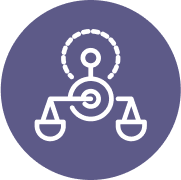
Embedding consideration of equity, inclusion and fairness, engaging a wide range of stakeholder views in the project's design and development.
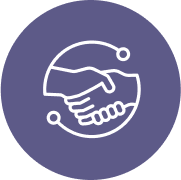
Optimising the project's contribution to broader social, environmental and economic outcomes, such as democracy, transparency, accountability.

Resonance with social practices that lead to decarbonisation and contribute to future ways of living in harmony with nature.
SoRA is an iterative process of formative Assessment, Constructive Dialogue, and Improvement that invites local authorities, investors, solution developers, community groups and researchers to ask: How easy are solutions for people to adopt into their everyday lives and business? What wider social benefits and harms are there?
First, you answer a set of context and reflective questions. This generates a Societal Readiness Level or ‘SRL’ score. SRL provide a standard measure to guide improvement, and step two directs users to practical tools that facilitate improvement and enable creative constructive dissent between people with different perspectives and interests.
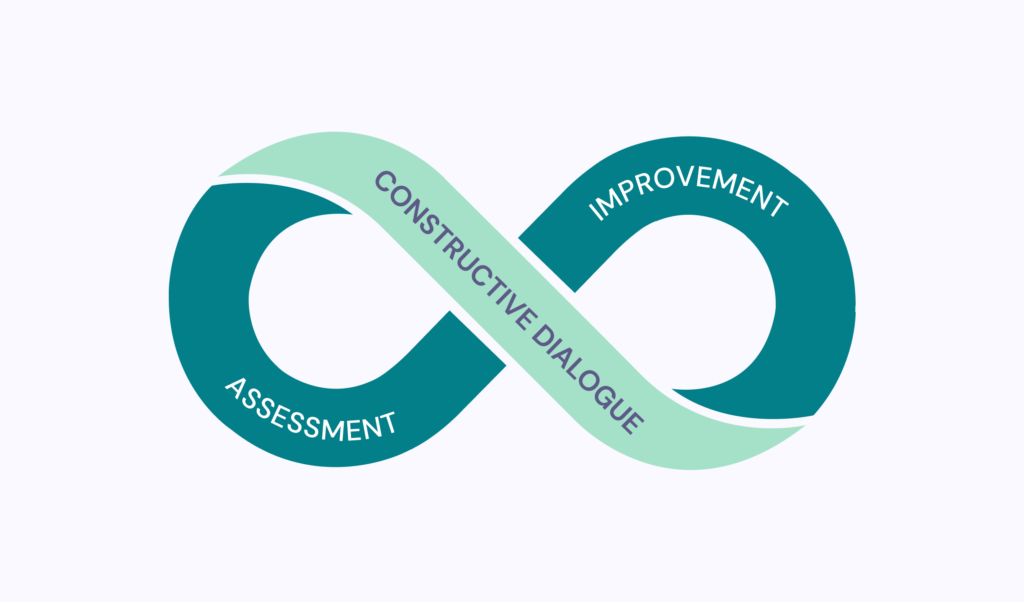
The SoRA framework defines societal readiness as positive fit between ‘solutions’, social practices and social impacts.
Many transport decarbonisation projects fail because there is a lack of attention to social and ethical issues. Solution developers often blame individuals for a lack of ‘societal readiness’. Because their solutions have high ‘technology readiness’ and ‘market readiness’, they think people should be able to choose and use them.
But making these solutions work in everyday life and business is a huge ask. Our research shows that people do not irrationally choose unsustainable mobility options. They are locked into unsustainable practices of life, neighbourhoods, towns and cities.
Instead of blaming people for rejecting seemingly perfect solutions, we need to ask how ready solutions are for society. For transport decarbonisation this requires carbon reductions that are proportionate to the climate emergency, action for just transition, ways to anticipate and address wider societal benefits and harms, future proofing.

